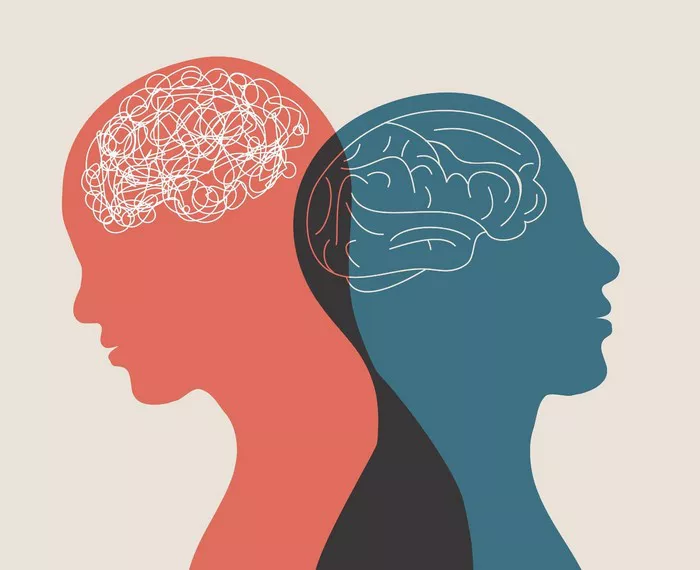In an unexpected twist, scientists are now exploring the connection between gut health and BPD. A pioneering study in Molecular Psychiatry has found significant differences in the gut microbiomes of individuals with BPD compared to healthy controls. Researchers analyzed stool samples from 150 participants and discovered that those with BPD had lower microbial diversity and an overabundance of certain bacteria linked to inflammation, such as Proteobacteria. These findings align with growing evidence that the gut-brain axis plays a crucial role in mental health, including conditions like depression and anxiety.
The study also investigated whether these microbial imbalances correlate with symptom severity. Intriguingly, participants with the most pronounced dysbiosis (microbial imbalance) also reported the highest levels of impulsivity and emotional instability. This suggests that gut health could be a modifiable risk factor for BPD symptoms. While the exact mechanisms remain unclear, researchers hypothesize that gut bacteria influence brain function through the production of neurotransmitters like serotonin, which is primarily synthesized in the gut.
This discovery has sparked interest in the potential of probiotics and dietary interventions as adjunct treatments for BPD. Preliminary trials are already underway to test whether regimens like high-fiber diets or specific probiotic strains can alleviate symptoms. For instance, one pilot study found that participants who took a Lactobacillus and Bifidobacterium supplement for 12 weeks reported modest improvements in mood stability.
While this research is still in its infancy, it represents a paradigm shift in how we understand and treat BPD. If future studies confirm these findings, we could see the development of microbiome-targeted therapies that complement psychological and pharmacological treatments. This holistic approach could revolutionize BPD care, addressing not just the mind but also the body’s role in mental health.
These three developments—neurobiological insights, innovative psychotherapies, and gut microbiome research—highlight the exciting progress being made in understanding and treating BPD. As science continues to unravel the complexities of this disorder, new avenues for effective intervention are emerging, offering hope to millions affected by BPD worldwide.
You Might Be Interested In:
- The Growing Impact of Climate Change-Related PTSD
- Genetic and Epigenetic Discoveries in PTSD Susceptibility
- Breakthrough in Psychedelic-Assisted Therapy for PTSD

